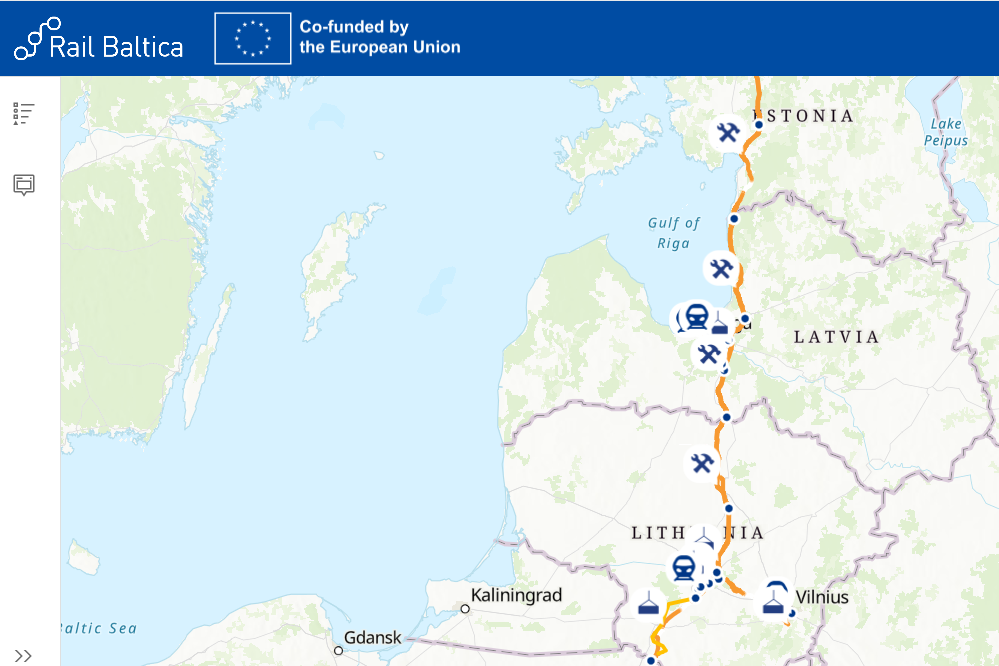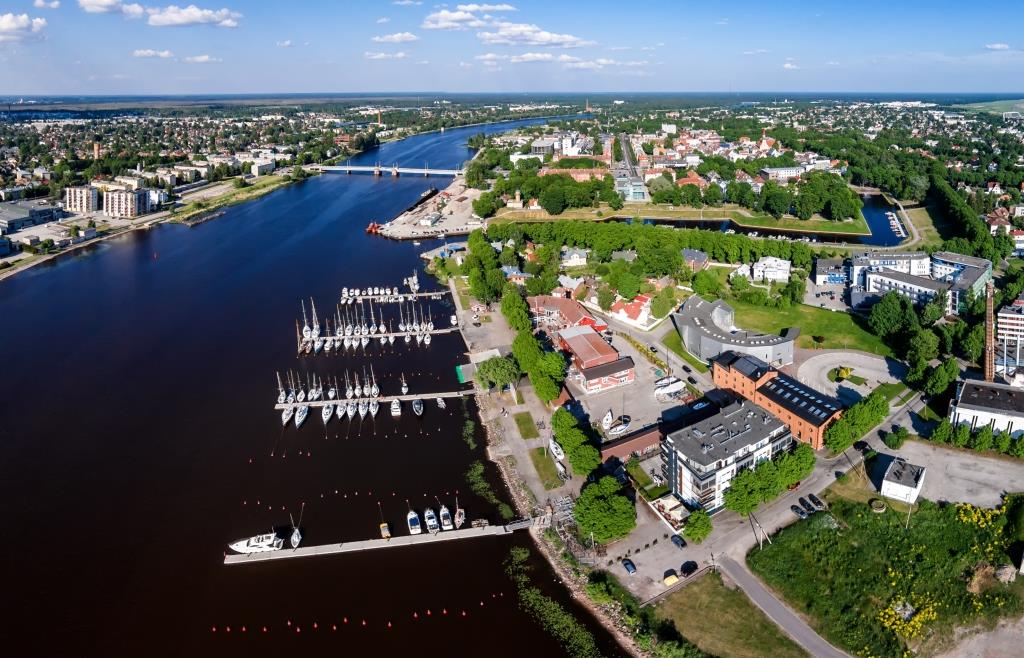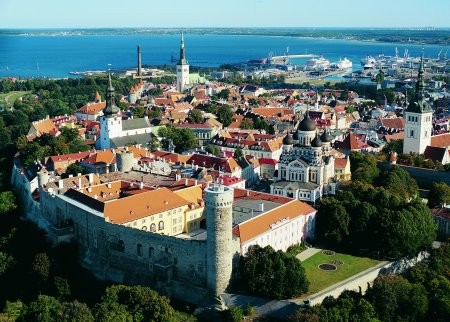For the first time in the twenty-one-year history of the award, the Intelligent Community Forum honored an Estonian city with its top award today when it named Tallinn, Estonia as its 2020 Intelligent Community of the Year. Tallinn has been engaged in the Intelligent Community Awards program for over a decade, having been previously named to the list of the ICF’s Top7 Communities six times since 2007.
“Last year we had a community on the other side of the world that had been working on the ICF Method for eleven years and finally was recognized as the Intelligent Community of the Year. This year we have another great city that worked even longer on the process, learned from places like Taoyuan and others and has blown people away with their thoroughness and dynamic qualities. Tallinn is, by anyone’s measure, a place that looks like our future needs to look,” said ICF Co-Founder Louis Zacharilla.
Tallinn was selected as the 2020 Intelligent Community of the Year after a one-year evaluation that included a quantitative analysis of extensive data, virtual site inspections by Intelligent Community Forum judges and the votes of a Jury made up of experts from around the world. Communities in the Awards program are evaluated based on the six Intelligent Community factors that make up the ICF Method.
Tallinn succeeds Taoyuan, Taiwan as the think-tank’s Intelligent Community of the Year. During the Summit, Taoyuan’s Mayor Cheng Wen-tsan addressed attendees reflecting on Taoyuan’s time as the reigning Intelligent Community and congratulated the Top7 of 2020 for their achievements.
Tallinn is the first Estonian city named as Intelligent Community of the Year and the second European community to be named in three years, following Espoo, Finland in 2018.
“Having visited Tallinn during several of its six Top7 site visits since 2007 and privately as a tourist with my family, I was able to witness first hand this community’s amazing progress leveraging its innovative enabling technologies for improvements to Tallinn’s economy, culture and its quality of life. Congratulations to Tallinn after fourteen years of continuous improvement to become the 2020 Intelligent Community of the Year,” said John G. Jung, ICF’s Chairman and Co-Founder.
Estonia saw a major boom from 2004 to 2007, as loan capital poured in from Scandinavian countries.
The country’s rise from Soviet occupation, beginning in 1991, had been miraculous, but the wave of investment was more than the market could usefully absorb. When the financial crisis came, it hit Estonia and its principal city of Tallinn very hard. Several thousand companies went bankrupt and layoffs, particularly of the low-skilled, rose into the tens of thousands.
Yet beneath the froth, Tallinn has put into place the foundations of ICT-based growth that is generating a strong comeback.
First Wave
Tallinn’s first wave of IT industry growth was driven by national government spending on an amazing range of e-government applications. Its return to growth has a more sustainable basis in education and entrepreneurship. With 23 universities and technical schools, Tallinn has the resources for a knowledge workforce; it has focused now on expanding access and filling demand for ICT and digital content skills.
From 2007 to 2011, Tallinn Technical University doubled participation in lifelong learning programs. The city is expanding public access computer sites and training programs for the disconnected, while a public-private project called EstWin will extend 100 Mbps broadband throughout Estonia by 2015.
Celebrating Education
Beginning in 2018, Tallinn has hosted an annual festival of education: iduEDU. At the festival, schools, kindergartens and hobby schools in region share innovations and new study methods they have developed with each other and with their students’ parents. Private companies often attend the festival, where they introduce new technologies that may be useful to schools and give advice on their success stories and startup challenges. These companies provide contacts in the private sector for future collaboration with the local school systems and sharing ideas on what skills will be most valuable to the future workforce. iduEDU also includes a showcase of new adult learning solutions.
Based on the success of iduEDU, Tallinn has introduced #EduInnoLab ICT Innovation Laboratories into area schools. These competence centers focus on particular areas of ICT innovation in education, seeking new ways for the government to support schools, encourage testing and implementation of innovative learning methods and share particularly innovative schools’ methods with others.
Fostering Innovation at Home
To support local startups and attract talent from beyond Estonia ’s borders, Tallinn and its educational and business partners have launched multiple incubators targeting creative services, medical and biotech, mechatronics, and ICT. Europe’s first gaming accelerator opened in Tallinn this year, and its Ülemiste City industrial estate is expanding 50% to house 250 companies, making it the Baltics’ biggest knowledge-based development.
Established in 2012, Tallinn’s Prototron competition aims to help new startups grow and thrive through prototype financing. Competition applicants include individuals and businesses with projects from all fields, including green tech, digitalization of industry, new materials, health-tech and fintech. Each year’s winner receives 35,000€ funding for their prototype in addition to the valuable training, advice and useful contacts they make at the event. Since its founding, Prototron has hosted a total of 64 teams with over 700,000€ awarded for prototypes.
When the crisis struck, Tallinn, Estonia moved fast to launch aid packages to get residents and companies through the bad times with their skills and ambitions intact. The value of the city’s short-term response and its long-term strategy will be proven in coming years.






